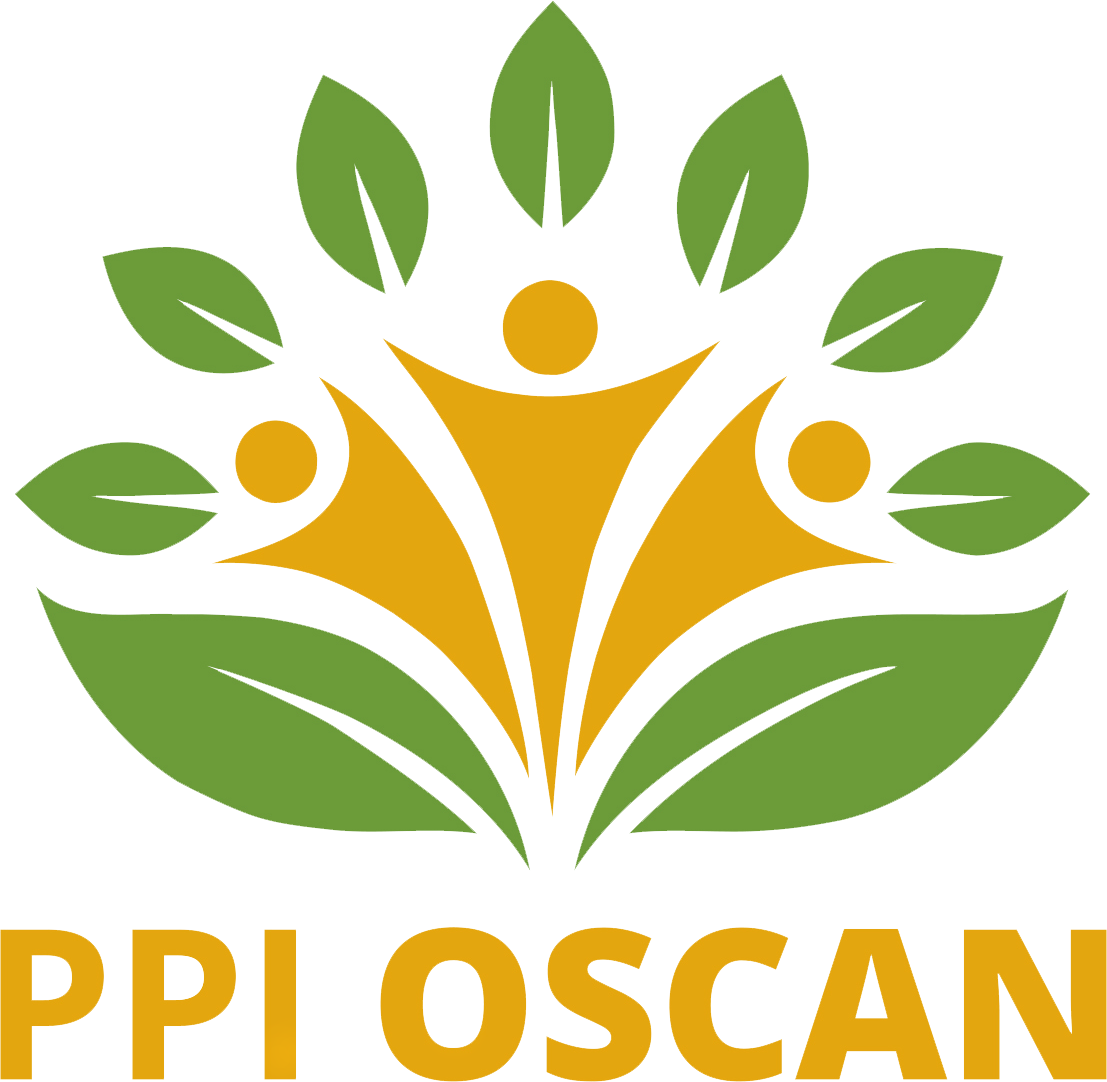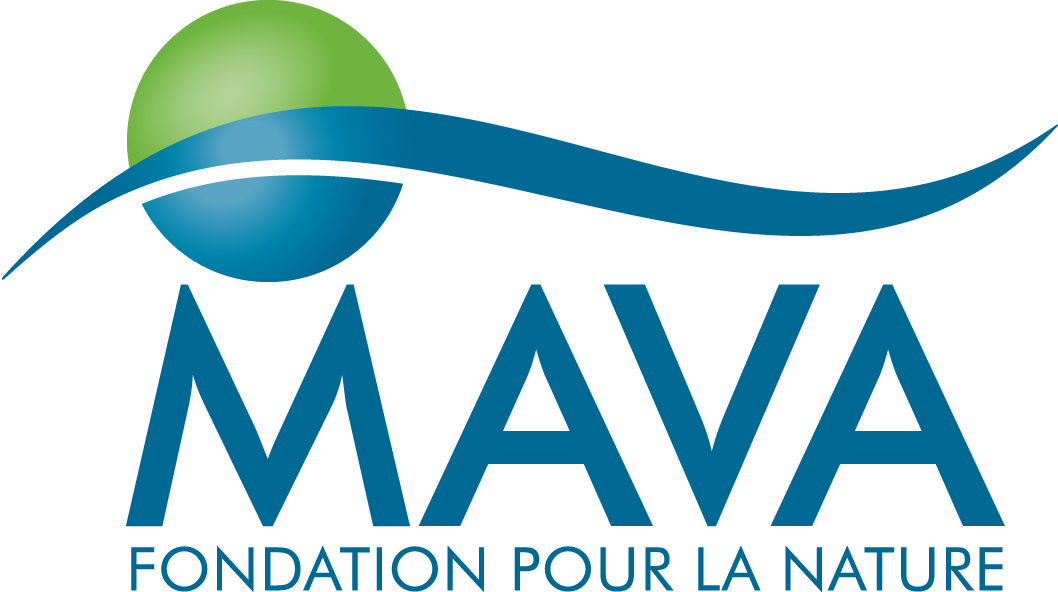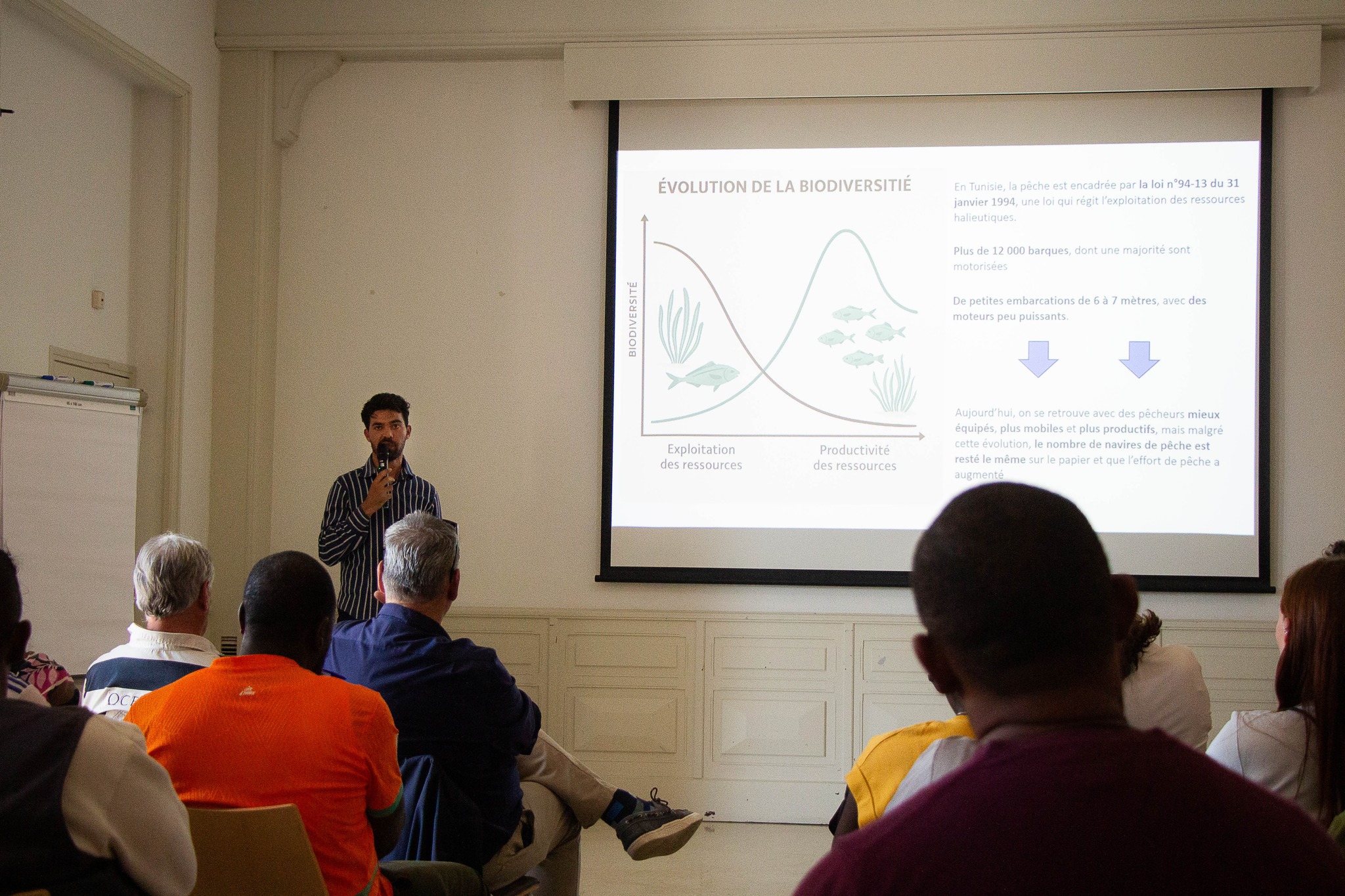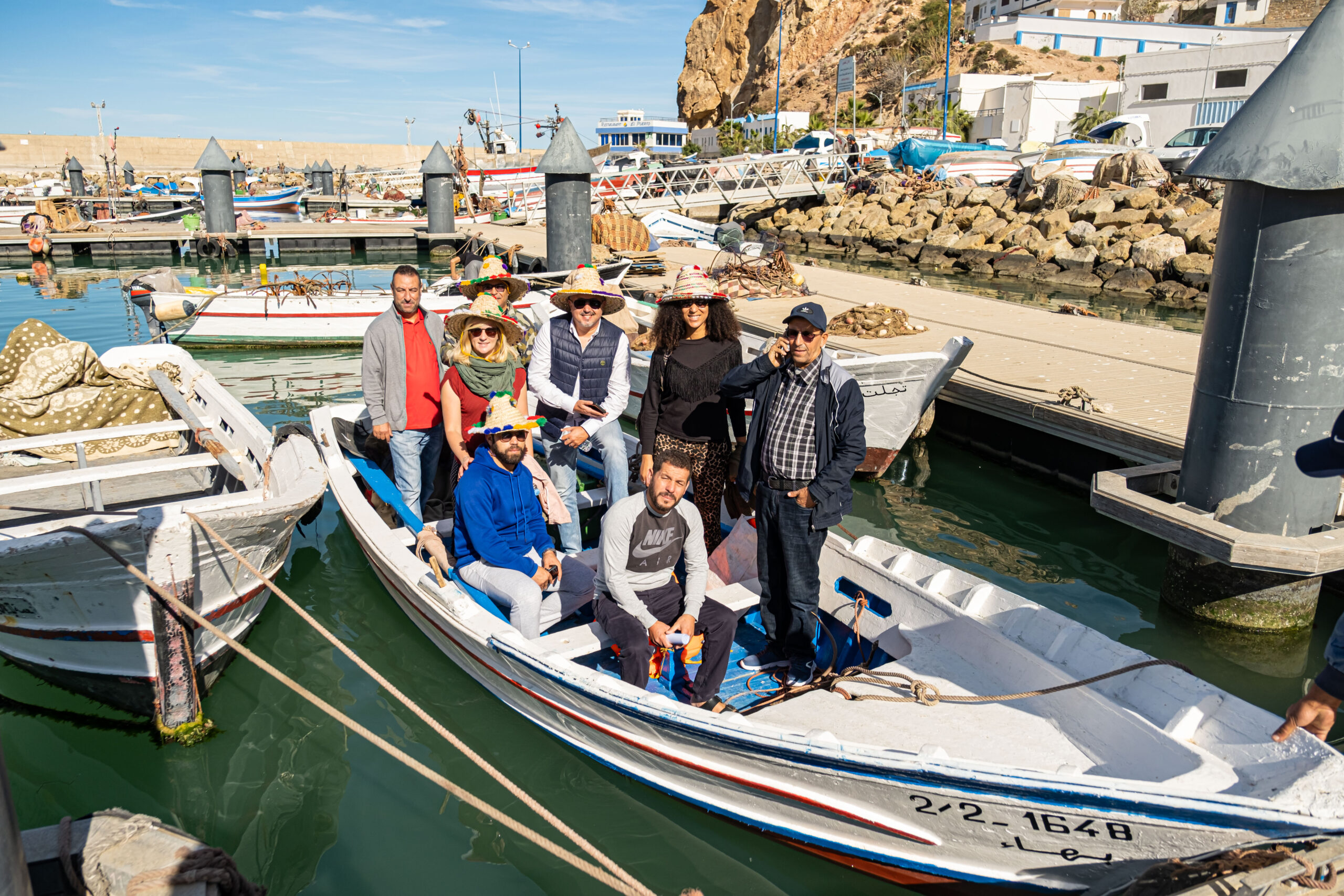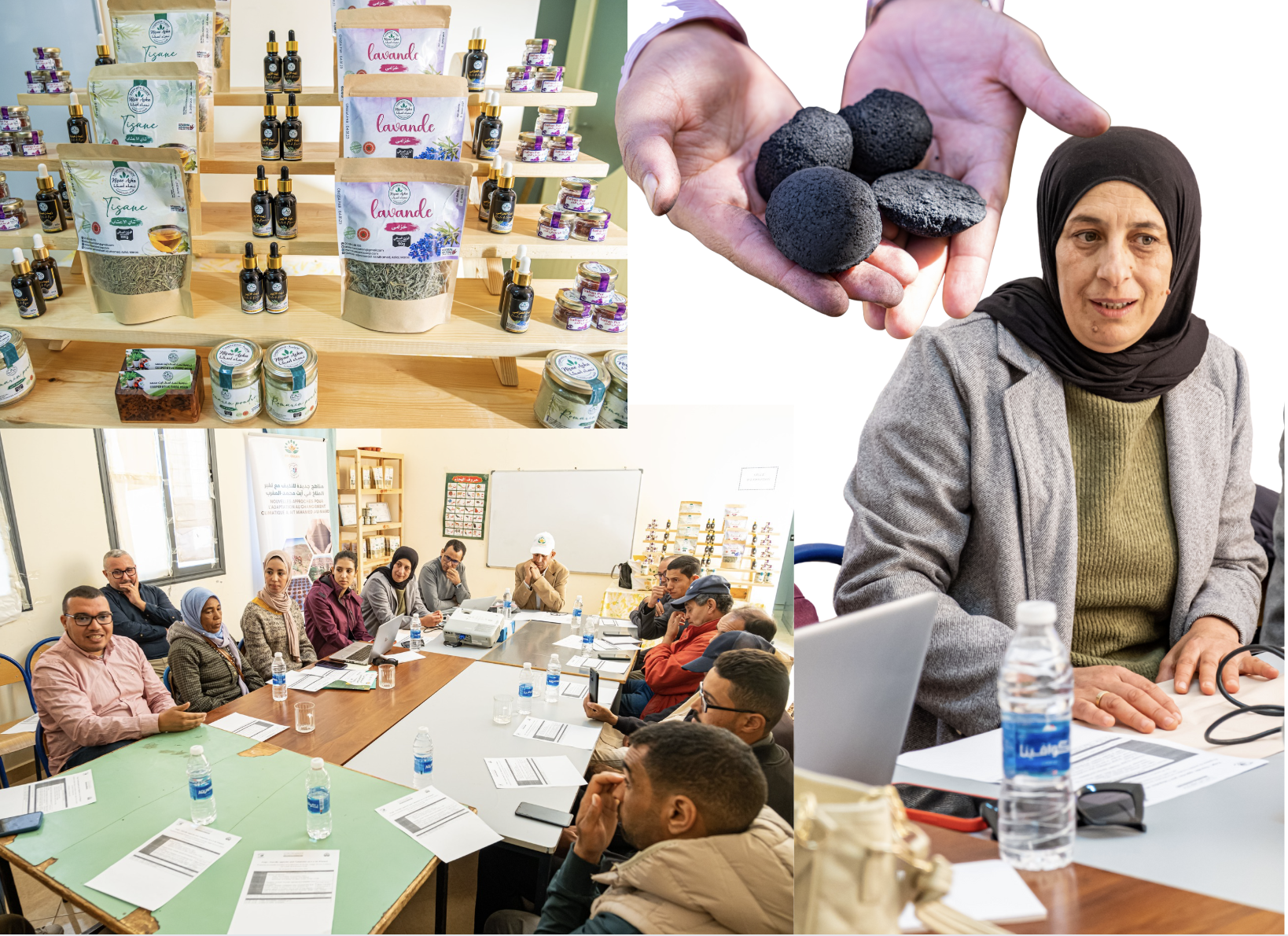In the far northwest and near the Libyan-Tunisian border lies the Berber city of Zuwara, long famous for its production of natural salt. Extracting salt from the salt marshes around the city has been for a long time the main source of income for the local population. Besides its socioeconomic role, this ecosystem represents one of the most important habitats for migratory birds, including species registered as threatened of extinction by the UCN Red List
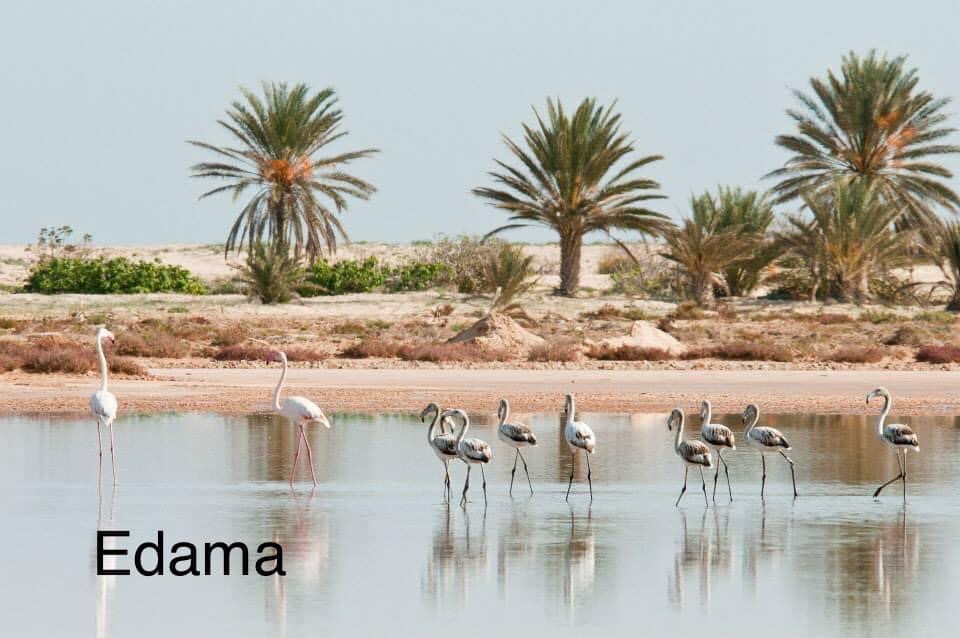
© Edama for Nature Conservation
Although local families are still depending on salt as their main source of income, social and economic changes associated with migration have led to a mismanagement of the marshes, contamination and degradation of its biodiversity habitats. Well aware of these factors, the young association Edama for Nature Conservation has launched in the context of the PPI OSCAN 3 program, a project to restore degraded areas and instore a management plan supporting youth and women to generate sustainable income.
Last month, the association organized several field visits with its members to evaluate the status of conservation of the marshes and discuss with their users the issues to address and equipment needs. Its members also get support from experts and an engineering office to delimit the legal boundaries of the area for the management plan.

© Edama for Nature Conservation
This project is executed in partnership with local authorities, advisory bodies, and research centres, in the context of the PPI OSCAN 3, a program supporting young association as Edama to implement their first environmental project. PPI OSCAN 3 is coordinated by the Mediterranean Cooperation Centre of IUCN and co-financed by the French Global Environment Facility, the Mava Foundation and the Sigrid Rausing Trust Foundation. To know more about the 27 PPI OSCAN 3 projects in Libya, Morocco and Tunisia: 5.Projets – MUBADARAT (mubadarat-uicn.org)
